Led by yes. every kid., more than two dozen organizations commit to ending public school discrimination based on address
(ARLINGTON, Va.) – Today, yes. every kid. announced the launch of the No More Lines Coalition, a group of 30 nonpartisan education groups committed to ending discriminatory public school district boundary lines. These school boundaries are based on a student’s ZIP code and, de facto, a family’s wealth based on their home value. The coalition has set a goal of ending this restrictive practice in all 50 states by 2030.
Rooted in redlining practices of the 1930s to 1960s, public school students are assigned to a school based on where they live. These school boundary lines continue to reinforce racial and economic divisions and prevent families from accessing the public school that best meets their children’s needs. This issue is critical, as about 82% of American K-12 students attend public school today. Many states still have a policy in which a child attending any school is a criminal statute.
“Sorting kids into schools based only on their address is discriminatory based on family wealth, promotes segregation, and ensures that low-income kids across the country will continue to have the fewest school options that work for them. It’s educational redlining, plain and simple, and we are better, as a nation, than using these lines to dole out educational opportunity. They need to go,” said Derrell Bradford, yes. every kid. board member and 50CAN president. “By giving families the option to access the public school that meets their kids’ needs – and not sending them to jail for doing so – we will remove significant barriers to every child getting the personalized education that helps them become the best version of themselves.”
In all 50 states, a child’s address is still the primary factor used to determine which public school a child is granted access to. In 24 states, parents and guardians can still be jailed for crossing school or district boundary lines, with districts often hiring private investigators to follow parents to ensure that they meet the residency requirements. These policies and practices are an immoral use of taxpayer resources and disproportionately criminalize people of color and those from working-class backgrounds.

Open enrollment policies empower students to enroll in public schools – for free – outside of their residentially assigned schools. A key facet of No More Lines policies, open enrollment can be a powerful tool in ensuring that a child’s opportunity is not limited by their address.
In 2023, six states made progress in removing public school barriers – Idaho, West Virginia, Montana, North Dakota, Arkansas, and Nebraska. Open enrollment policies have broad public support: in a 2023 YouGov poll, more than two-thirds of respondents supported ending residential school assignment, and the majority believe that open enrollment would strengthen education.
“Every day, children are denied access to a public school that works for them simply because they do not live in the right neighborhoods,” said yes. every kid. Chief Operating Officer Erica Jedynak. “Just like public libraries, pools or parks, public schools will only be truly public when we remove the barriers to accessing them, no matter where families live. The No More Lines Coalition will do exactly that.”
“Families deserve access to a great education for their children, regardless of their income or home address. When I enrolled my children in a safer school district with better resources using my father’s address, I was arrested and put in jail,” said Kelley Williams-Bolar, a parent who was punished for trying to get her children a better-fit education. “Enrolling your child in a public school should never be deemed a crime, and I’m proud that the No More Lines Coalition will work to ensure that no other families experience the injustice that we faced.”
The guiding principles for the Coalition’s work, along with committed members, include opening public school access for all students, ending address discrimination, ensuring that public education is free, and unbundling education and the housing market. More on how the Coalition will expand access to a great education for all students can be found here.
About yes. every kid.
yes. every kid. supports policies that respect the dignity of every student, welcome innovative ideas and foster a diversity of approaches to learning. yes. every kid. will support and build coalitions to advance new conversations and bold visions by bringing together differing voices and perspectives to revolutionize the K-12 education experience.

The No More Lines Coalition
50CAN
A for Arizona
Alaska Policy Forum
Association of American Educators
American Federation for Children
Americans for Prosperity
Available to All
Cardinal Institute for West Virginia Policy
Children’s Scholarship Fund
Commonwealth Foundation
Democrats for Education Reform (DFER)
Defense of Freedom Institute
EdChoice
Excellent Education for Everyone (E3)
Families Empowered
Foundation for Economic Education
Frontier Institute
Inclusive Strategies
Independent Women’s Forum
The James Madison Institute
Jersey 1st
Maine Policy Institute
The Momathon Movement
Mountain States Policy Center
Ready Colorado
Reason Foundation
School Choice Ohio
Southwest Public Policy Institute
State Policy Network
yes. every kid.
